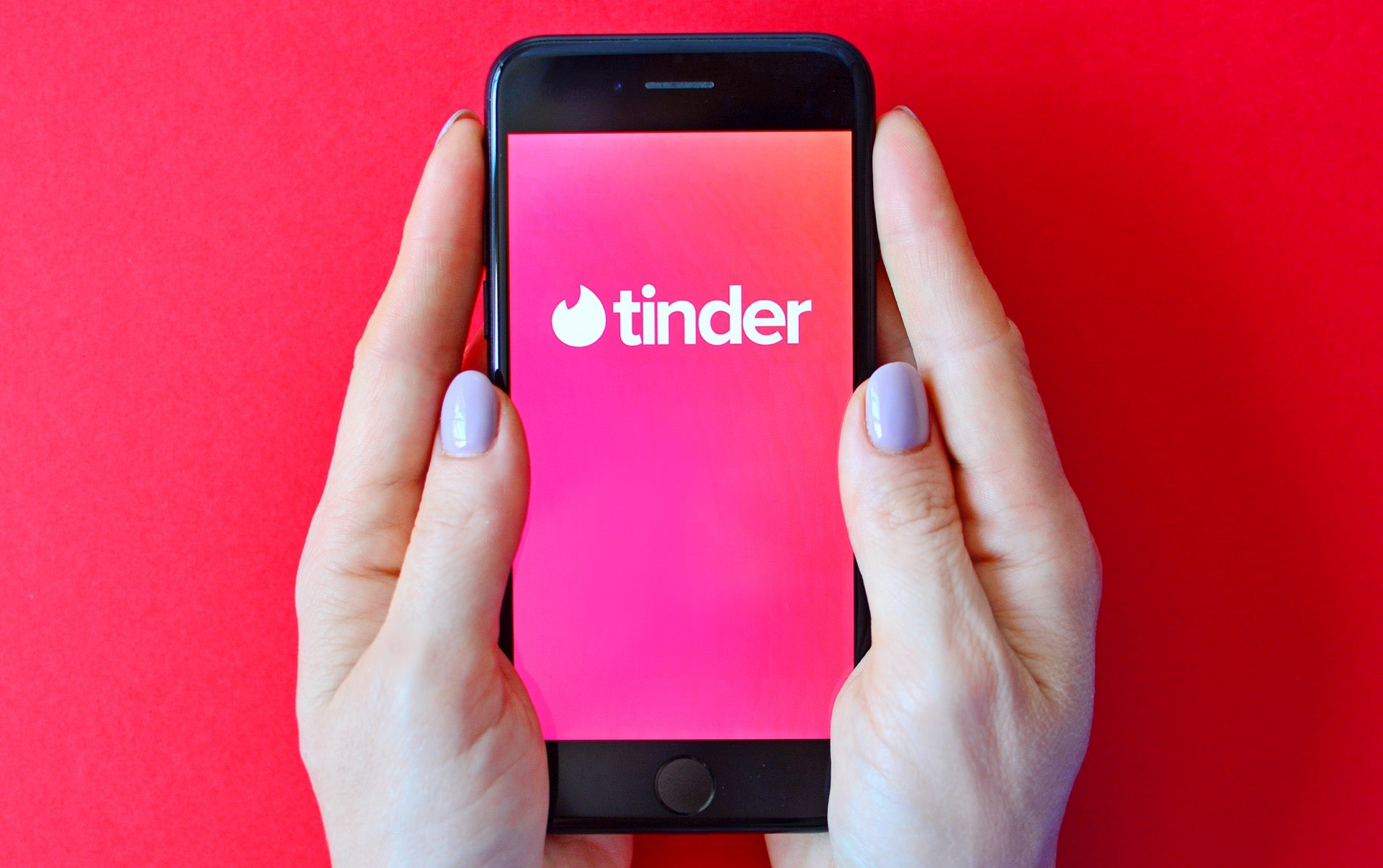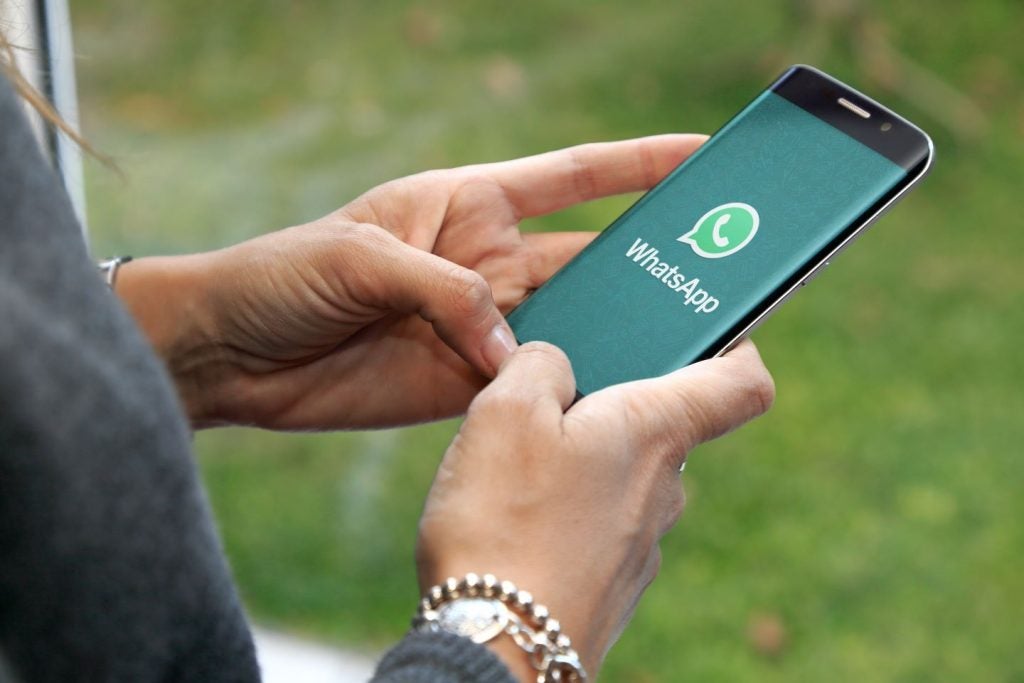
The Match Group, owner of dating apps like Tinder and Hinge, has enjoyed a surge in demand as lockdown restrictions have eased. Now it is betting on a “summer of love” to leverage its Covid-19 momentum and to keep romantic rivals at bay.
When the pandemic first hit, people feared the health crisis would be a major blow to the Match Group and the rest of the online dating industry. However, the sector beat expectations and has been riding high on a wave of new users over the past year as the coronavirus encouraged more people to take their dating efforts online in much the same way as others turned to esports.
As the Match Group unveiled its latest quarterly results, the digital love behemoth said the easing of social restrictions around the world will translate into a boon for the industry.
“Fortunately, our brands continue to deliver stellar financial results,” said Shar Dubey, CEO at the Match Group, in a letter to shareholders. “Exiting the first quarter, we are seeing improving trends across the portfolio. We are pleased with the way 2021 has begun and are optimistic that the rest of the year will continue this momentum. Looking forward to a summer of love.”
In the first quarter, the $37.5bn company’s total revenue grew 23% year-over-year (YoY), up from 12% in the second quarter of 2020. While Tinder’s growth had slumped to 13% in the final three months of 2020, it recovered to 18% at the start of 2021. Non-Tinder businesses – such as Hinge, OkCupid and PlentyOfFish – saw their combined direct revenue jump to 30% in Q1.
As the summer rolls in with sunshine and higher vaccination numbers, love-hungry singles are expected to go on the hunt for a release for all their pent-up desires. Consequently, the Match Group expects that its revenue will jump to between $680m and $690m, representing a 22% to 24% YoY increase. Most of this growth is expected in the US as the Covid-19 situation in other markets – like India, Brazil, Japan and certain European markets – is worsening.
How well do you really know your competitors?
Access the most comprehensive Company Profiles on the market, powered by GlobalData. Save hours of research. Gain competitive edge.

Thank you!
Your download email will arrive shortly
Not ready to buy yet? Download a free sample
We are confident about the unique quality of our Company Profiles. However, we want you to make the most beneficial decision for your business, so we offer a free sample that you can download by submitting the below form
By GlobalDataTo maintain momentum, the Match Group is hedging its bets on expanding and improving its services. At Tinder this translates to continued focus on its platinum subscriptions, which provide added benefits such as infinite swipes and the ability to send messages before matching, and developing new ways to evolve its current subscription model. Tinder is also testing new revenue features, including an in-app virtual currency.
However, the company is hardly alone in having a lust for capitalising on the summer of love. Tinder’s main competitor Bumble went public in February and is currently trading at a $10.2bn market cap, with a $55.2 price per share, down from its $79.1 peak in February. Nevertheless, its focus on providing a safe space for romantically-inclined women is seen as a massive advantage in the dating economy. If Bumble can keep it up, some of the revenue the Match Group is expecting this summer could end up topping up its rival’s coffers instead. Bumble is slotted to announce its quarterly results on May 12th.
Other prospective suitors for online dating consumers include a newcomer to the market: Facebook. Menlo Park first rolled out its dating solution in 2019. Embarrassingly, The Verge revealed in April that only 7% of New York’s singles are using the app, with similar figures being noted in other cities where the service has been launched. A Match Group spokesperson told the publication that it has “a number of brands with more active users than that in NYC.”
While Facebook’s dating game hasn’t been strong enough so far to attract the same numbers as its romantic rivals, the sheer size of the social media community makes it a massive threat for smaller businesses.






